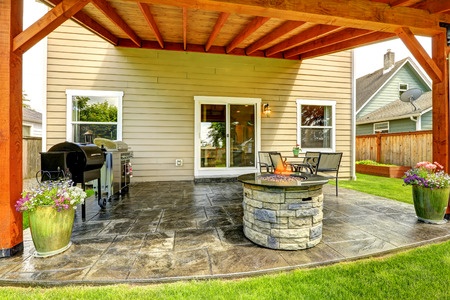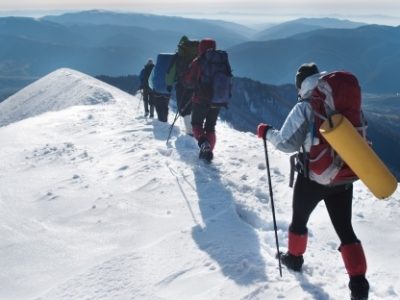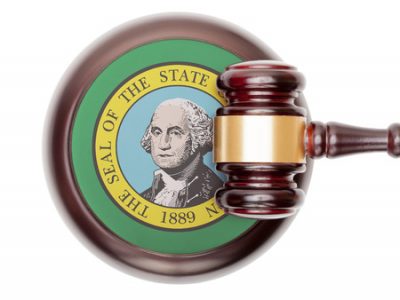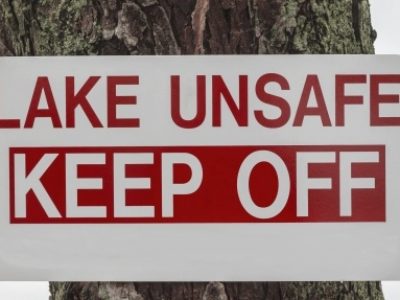

BBQ Accident Statistics
Most people own a cooking grill of some kind; it is a great way to make delicious meal but also means that many households have a great risk for a BBQ accident. Home fires and thermal burns are two common risks associated with barbecues. On average, 8,800 home fires occur in the United States each year as a result of grilling; almost half of all grilling injuries are caused by thermal burns. Half of all people grill year round but the month of July is the peak for grill fires, followed by May, June, and August.
BBQ Accident Statistics
- 16,900 people went to emergency rooms because of a BBQ accident in 2012
- 16 percent of home structure fires involving a grill were caused during BBQ ignition because something flammable was too close to the grill
- 20 percent of all reported grill fires were a result of leaks or breaks
- Gas grills account for more home fires overall than do charcoal grills
BBQ Safety Tips to Reduce the Risk of BBQ Accidents
- Grills should be positioned a safe distance away from anything flammable including siding, deck railings, and out from under eaves and branches
- When lit, a grill should be kept away from lawn games, play areas and foot traffic
- Keep children and pets at least 3 feet away from a lit grill
- Use long handled grilling tools to keep your hands and arms away from the heat and flames
- Clear out grease and fat buildup in trays below grill so it cannot be ignited during cooking
- Only use propane and charcoal grills outside. Inside they cause both the risk of fire and the inhalation of toxic gases.
Charcoal Grills
- Only use proper charcoal starter fluid, never flammable or combustible fluids
- Store starter fluid out of reach of children, and well away from heat sources
- Never add charcoal starter fluid when coals or kindling have already been ignited
Propane Grills
- After it’s been sitting from last season, check the propane cylinder hose for leaks. You can use a light soap and water solution; run it through the hose and it will quickly reveal escaping propane by releasing bubbles.
- If you have determined that your grill has a gas leak by smell or the soapy bubble test and there is no flame, turn off the propane tank and grill. If the leak stops, call a professional to service the grill. Call the fire department if the leak doesn’t stop.
- If you smell gas while cooking, immediately get away from the grill and call the fire department. Do not attempt to move the grill.
- All propane cylinders manufactured after April 2002 are required to have overfill protection devices (OPD) which shuts off the flow of propane before capacity is reached. This function limits the potential for release of propane gas if the cylinder heats up. OPDs can be identified by their triangular-shaped hand wheel.
- Never store propane cylinders inside buildings or garages. If you decide to store a gas grill inside during the winter, disconnect the cylinder and leave it outside.
Seek the help of a personal injury attorney
If you or a loved one were injured in an accident because of the negligence of another, you have enough to deal with. Let an experienced accident attorney fight for the full compensation that you deserve. It is not uncommon to receive a settlement from the insurance company that is five to ten times larger with the help of a lawyer. Call the caring accident attorneys at Tario & Associates, P.S. in Bellingham, WA today for a FREE consultation! We have been representing residents of Whatcom County, Skagit County, Island County and Snohomish County since 1979. You will pay nothing up front and no attorney fees at all unless we recover damages for you!




